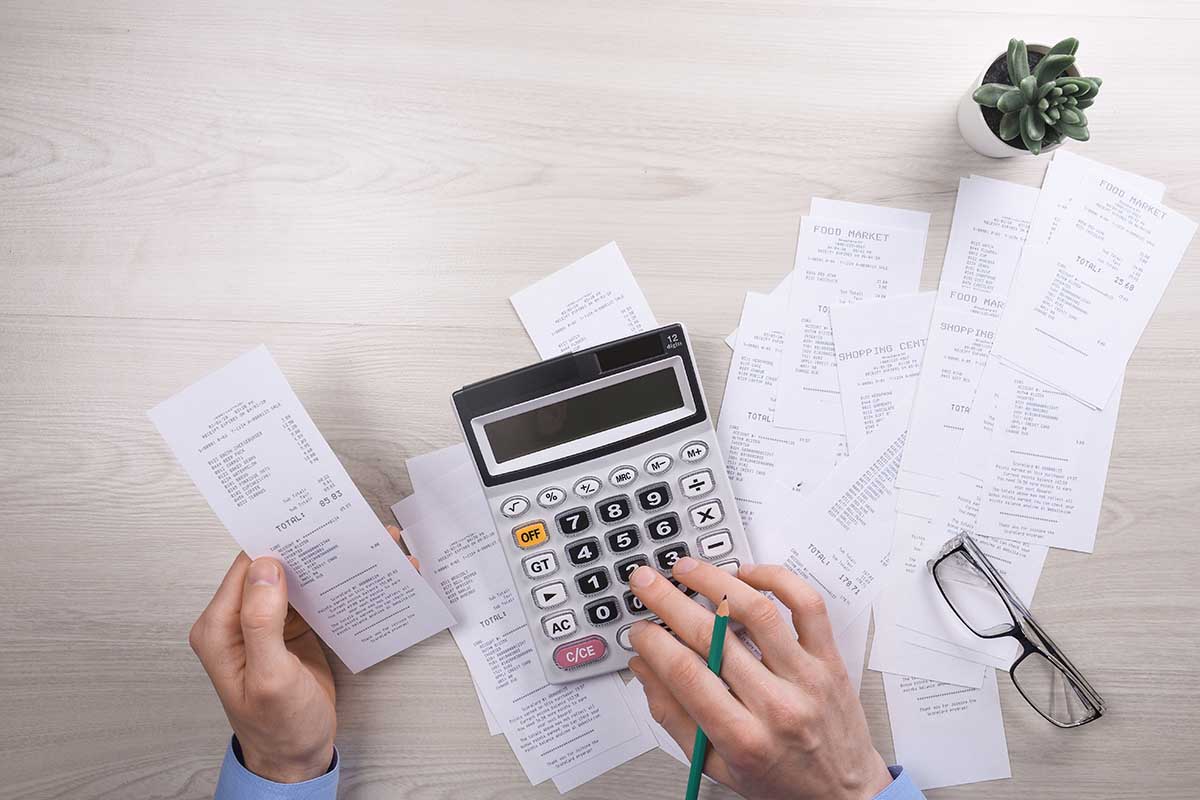Essential Documents You Need to Gather Now
Key Points
- Gather Essential Tax Documents Early. Organizing W-2s, 1099s, and receipts for deductions ensures a smoother, stress-free filing process and avoids missing critical income sources.
- Proper Documentation Maximizes Refunds. Keep receipts for donations, medical expenses, and credits like education or energy-efficient upgrades to reduce liability and boost your refund.
- Effective Organization Minimizes Errors. Use folders or digital systems to categorize income, deductions, and credits, streamlining the process and avoiding IRS discrepancies or audits.
As tax season approaches, you may feel a sense of dread creeping in.
The complexities of filing your taxes can seem overwhelming, but proper preparation is key to reducing stress and ensuring accuracy.
One of the most crucial steps you can take now is gathering all the necessary documents.
By organizing your financial records early, you’ll set yourself up for a smoother filing process and potentially maximize your refund.
This guide from the Duran Business Group tax advisors will dive through the essential documents you must collect, helping you approach tax season confidently and clearly.
Key Tax Documents to Collect Before Filing Season
As tax season approaches, gathering essential documents is crucial for a smooth filing process.
Start by collecting your W-2 forms from all employers, which detail your annual income and tax withholdings.
If you’re self-employed, gather 1099 forms reporting your freelance income.
Don’t forget about investment-related documents like 1099-DIV for dividends and 1099-INT for interest income.
For homeowners, Form 1098 showing mortgage interest paid is vital. Those who made charitable contributions should compile receipts for potential deductions
. Gather receipts for major purchases, medical expenses, and educational costs, as these may qualify for tax benefits.
Organizing these documents will save time and reduce stress when filing your taxes.
Gathering Your W-2, 1099, and Other Income Statements
As tax season approaches, collecting all your income statements is crucial.
Your W-2 form, provided by your employer, details your annual wages and the amount of taxes withheld.
If you’re self-employed or have done freelance work, you’ll need to gather your 1099 forms, which report income from various sources.
Don’t forget to include other income statements, such as those for investments, rental properties, or retirement account distributions.
Organizing these documents early will streamline your tax preparation process and ensure you don’t overlook any reportable income.
Remember, the IRS receives copies of these forms, so accuracy is key to avoiding discrepancies and potential audits.
Deductions and Credits: Preparing Your Paperwork
When it comes to maximizing your tax benefits, thorough documentation is key.
Gather receipts for charitable donations, medical expenses, and business-related purchases.
Don’t forget to collect forms for education expenses, mortgage interest, and property taxes.
If you’ve made energy-efficient home improvements, keep those receipts handy. For self-employed individuals, meticulous record-keeping of income and expenses is crucial.
Remember, proper documentation can significantly reduce your tax liability and increase your refund.
Organize these documents well in advance to streamline your tax preparation process and ensure you don’t miss out on any valuable deductions or credits.
Organizing Your Tax Records for a Smoother Filing Process
Effective organization of your tax documents is crucial for a stress-free filing experience.
Create a dedicated folder or digital system to store all relevant paperwork. Categorize your records into income sources, deductions, and credits.
Keep pay stubs, W-2 forms, and 1099s together for easy reference.
For deductions, gather receipts for charitable donations, medical expenses, and business-related costs.
Don’t forget to include documents for potential credits, such as education expenses or energy-efficient home improvements.
By systematically arranging your tax records, you’ll streamline the filing process, reduce errors, and potentially maximize your refund or minimize your tax liability.
Tips for First-Time Tax Filers: Getting Ready for Tax Season
As a first-time tax filer, navigating the complexities of tax season can be daunting.
Start by gathering essential documents, including W-2 forms from employers and 1099 forms for any freelance work.
Organize receipts for potential deductions, such as charitable donations or educational expenses.
Familiarize yourself with tax terminology and deadlines to avoid last-minute stress.
Consider using tax preparation software designed for beginners, which can guide you through the process step-by-step.
Don’t hesitate to seek advice from experienced family members or consult a professional tax representative if unsure about your return.
Accuracy is crucial, so double-check all entries before submitting your tax forms.
Final Thoughts
As you read this Duran Business Group tax advisors guide and prepare for the upcoming tax season, gathering the above essential documents will set you up for success.
Proactively organizing your financial records now’ll streamline the filing process and potentially maximize your refund.
Remember to securely store both physical and digital copies of these important documents.






















